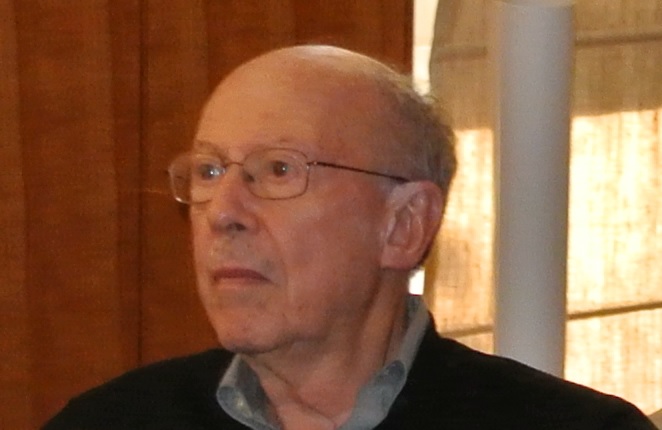Categories: Epigenetics, Molecular Biology
 In 1961 Gary Felsenfeld was appointed head of the Section on Physical Chemistry of the Laboratory of Molecular Biology of the National Institute of Diabetes and Digestive and Kidney Diseases, part of the National Institutes of Health in Bethesda, Maryland. His work started with the investigation of the interaction of regulatory proteins with DNA, and then focused on the relationship between chromatin structure and gene expression in eukaryotes.
In 1961 Gary Felsenfeld was appointed head of the Section on Physical Chemistry of the Laboratory of Molecular Biology of the National Institute of Diabetes and Digestive and Kidney Diseases, part of the National Institutes of Health in Bethesda, Maryland. His work started with the investigation of the interaction of regulatory proteins with DNA, and then focused on the relationship between chromatin structure and gene expression in eukaryotes.
Interview themes:
*From physical chemistry to biophysics
*Work on chromatin structure and its relationship to gene expression
 Interview with Gary Felsenfeld.pdf
Interview with Gary Felsenfeld.pdf
Interview Excerpt
UD: I have another question which refers to what many people say. Is there any evidence for soft inheritance through epigenetics?
GF: You mean, I ate a bad diet. Will my offspring…? Well, I thought there was some – there are strong correlations between parental diet and ultimate susceptibility to diabetes, I think. There are people who study that kind of thing.
UD: In mice.
GF: Well, and in humans also. There’s someone at Cambridge who’s actually doing that.
UD: But it doesn’t sound as if it had a selective advantage.
GF: No. But most mutations, if you like, epigenetic mutations, shouldn’t have a selective advantage any more than any other mutation does.
UD: Right, but Lamarckian inheritance is supposed to have a selective advantage, and I’m asking whether there is any evidence there.
GF: No, I don’t think so.
Related Interviews: Howard Cedar, Eric Davidson